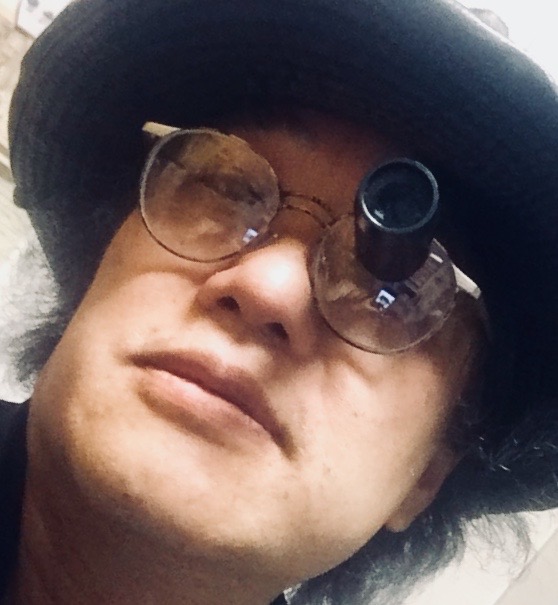
Home
Research
Publications
Teaching
Instinctive Computing
Ambient Diagnostics
Rock Art Book
Press
I view teaching as an innovative process. It is an intellectually rewarding experience for me to inspire students, especially reading their emails regarding the course contents 3-5 years after their graduation. At CMU, I developed a new ECE course Cognitive Video (18-799K) that explores video analytics with signal processing and artificial intelligence approaches. I also taught the ECE graduate course Image, Video and Multimedia (18-798). I have enhanced the course contents with new algorithms and new devices, such as infrared cameras, eye trackers, EEG, 3-D imaging systems, smartphones, and drones. I introduced advanced applications to the courses such as steganography with DCT algorithms, oil painting texture analysis with co-occurrence models, and feature description with Haar Transform, etc. The responses from students were very positive as they saw the signal processing algorithms could be applied to so many tangible and interesting applications. The enrollments of my two courses have increased up to 50 and 85 respectively.
I also developed a new University-Wide Course Creativity (90-426) for inspiring interdisciplinary innovations. In 2012, I received the CMU College of Engineering Dean’s Office Grant for embedding innovation in engineering curricula and prepared a new syllabus and teaching materials for moving the course to CIT. In the same year, I also received the CIT Dean’s Office Grant for building the new infrastructural equipment for Cyber-Physical Systems Educational Platform. This infrastructure investment helped the lab assignments and term projects of the ECE courses and created a valuable asset for advanced engineering education and research.
Currently, I am teaching Special Project Topic (SPT) research courses at ECE, including Systems Thinking Games, Drone AI, AI Algorithms and Augmented Reality. I am a volunteer instructor for the Technical Leadership Workshop for students from developing countries via virtual meetings.
My classes usually have final presentations in public spaces such as stadiums on campus and the Carnegie Science Center. It became an event for students to reach out to the communities and get feedback from them, including invitations for VIPACE (Visually-Impaired Pittsburgh Computer Enthusiasts) members and K-12 students. The Human Algorithm class project was inspired by the ancient Botai culture and performed at the College of Fine Art. The students applied the patterns from Botai archeology site to their fashion design.
